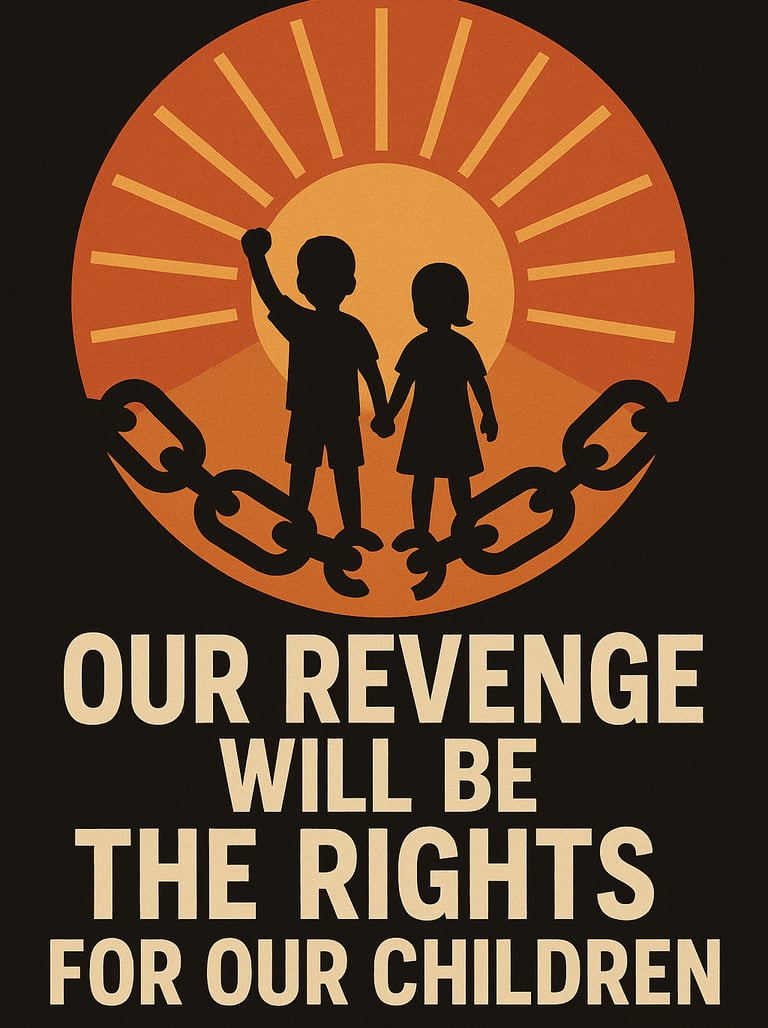7 Reasons It Is Bad For Children To Grow Up In A Constitutional Monarchy
There are certain aspects of monarchies that have negative effects on young people, even if these are not immediately obvious or talked about a lot
9/6/20252 min read
Here is why living in a monarchy has negative implications for children.
1. Lack of Meritocracy
Monarchies are based on hereditary succession rather than merit. This sends a message to children that power and privilege are determined by birth, not effort or talent. If you do not think this is true, tell a child who wants to become head of state why they can not because they were born with the “wrong” blood and surname. The result is a young person whose eyes are opened up to the very real limitations of our democracy.
2. Limited Representation
In absolute monarchies, children may grow up in a system with limited democratic participation. They might not learn the importance of civic engagement or the value of having a voice in governance.
Even in constitutional monarchies the message is clear: all British people are equal but some British people are more equal than others.
3. Reinforcement of Inequality
Monarchies perpetuate social and economic inequality. Children in such systems see entrenched hierarchies where some are deemed superior simply due to their lineage. Making children living off food banks and benefits colour in golden carriages and wear paper crowns to celebrate the coronation of an unelected billionaire is grotesque.
4. Symbolism of Elitism
The existence of a royal family creates a cultural narrative that some people are inherently "special" or "better" than others, which affects how children perceive themselves and others.
5. Pressure on Royal Children
If the child is part of the royal family, they face immense pressure, lack of privacy, and rigid expectations, which stifle their personal growth and freedom. Ask Harry for more info…
6. Outdated Traditions
Monarchies uphold traditional practices or norms that are no longer aligned with modern values, limiting progressive education and opportunities for children. One example is how George was taken to bird shooting sessions as a young child. Child psychologists confirm that this is a traumatic experience for any young person.
7. Taxpayer Burden
In constitutional monarchies, royal families are funded by taxpayers, no matter what royal fans or the wildly inaccurate Brand Finance Report make up about tourism. This creates a societal divide where children grow up feeling resentful about public resources going to maintain a privileged family. The obvious question they ask themselves is: “How come they have so much yet we have so little in comparison?”. It’s a tough lesson about the limitations of British democracy and late-stage capitalism.
What is the solution?
Educate children about successful republican systems such as those in Ireland and Finland. Take them to anti-monarchy protests and explain why myths about the monarchy (tourism, unity, continuity, etc) remain. Do everything you can to make sure they are citizens of the future, not subjects of the past.


